detail profile juan calot
Peran Yang Di Mainkan Juan Calot
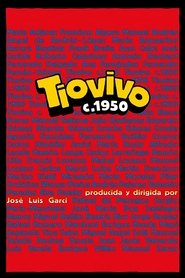 This movie doesnt have any coherent...
This movie doesnt have any coherent...Merry-Go-Round c. 1950 2004
This movie doesn't have any coherent plot. It's the portrait of the lives of different people in the hard years of post-war in Spain (the 40's), and how they manage to survive in a country desolated by the war. Like other films: La colmena or Roma (Fellini) it shows us lots of characters and some moments of their lives.
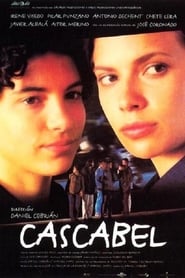 Cascabel is the nickname of a 19...
Cascabel is the nickname of a 19...Cascabel 2000
Cascabel is the nickname of a 19-year-old girl from a small town who dreams of going to Madrid to try her luck. After the failure of her friend Luz, who has not managed to succeed as a singer in the capital and has to return to town, Cascabel will try to impress a musical representative who is hunting in the vicinity.
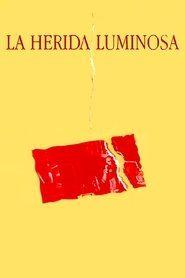 Dr Molinos a prestigious cardiologist and...
Dr Molinos a prestigious cardiologist and...La herida luminosa 1997
Dr. Molinos, a prestigious cardiologist, and his wife Isabel are going through a serious marital crisis. They live in Oviedo, in the oppressive Spain of the 50s, in the company of two maids: Escolástica and Jovita. His only daughter, Maribel, entered a convent of nuns. The unexpected love felt by Dr. Molinos for Julia, a young doctor who is much younger than him, makes him feel alive again.
 In 1940s Madrid Juan plays piano...
In 1940s Madrid Juan plays piano...The Things of Love 1989
In 1940's Madrid. Juan plays piano for Pepita and her on-stage partner Mario. Although Mario really wants to steal Juan for himself, Juan is not interested and Mario resorts to a string of lovers as consolation. When he loves (and leaves) a young nobleman, the young man wants revenge.
 Cesar and Isabel just got married...
Cesar and Isabel just got married...Caso cerrado 1985
Cesar and Isabel just got married for the Jewish rite, their religion. He is a director of a banking company. She works in a bookstore owned by her mother-in-law. The couple sees their happiness truncated when César discovers financial anomalies in the entity where he works. What were initially charges against some managers, becomes an accusation of embezzlement against César, who is in France to prevent his entry into military service. Go back and appear before the judge to prove his innocence.
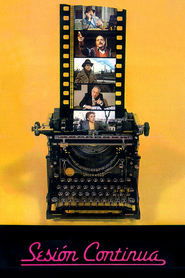 Director Jos Luis Garci has turned...
Director Jos Luis Garci has turned...Double Feature 1984
Director José Luis Garci has turned his camera inward on filmmakers and screenwriters to portray them as so self-absorbed in the creative process that there is no other world, no other human relationship that can compete. As José (Adolfo Marsillach) and Federico (Jesus Puente) work together on a new screenplay, their interactions with their family (José's teen daughters, Federico's wife) disappear under the all-consuming task of creation. The daughters give up and go off on their own, and the wife joins a convent while Federico barely notices. And when the producer is interrupted by profound grief at the sudden death of his older son, he almost automatically returns to thinking about the film project when the funeral has ended. Garci honors many great directors at the beginning of this film, and the film continues to play out as an elaboration on this homage -- an illustration both of the dedication and the cost of filmmaking, no judgments given.
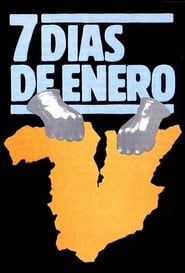 After the death of Franco the...
After the death of Franco the...Seven Days in January 1979
After the death of Franco, the nostalgic fascist regime attempts to preserve the 1936's order.
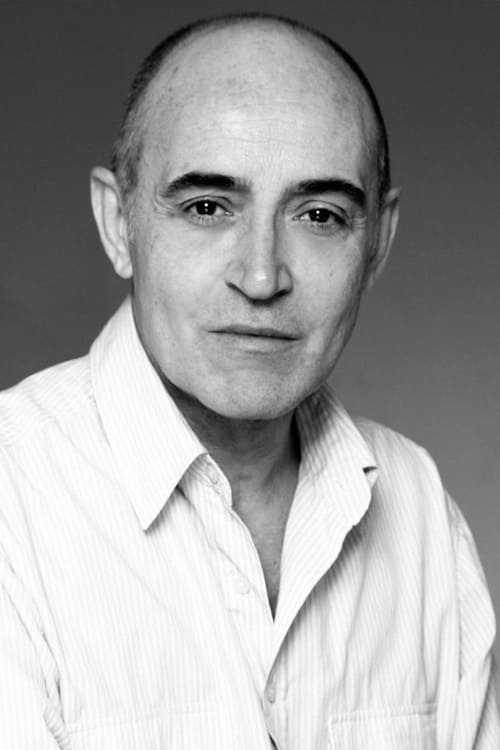
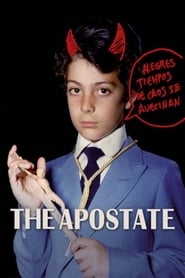 A young man navigates the bureaucracy...
A young man navigates the bureaucracy...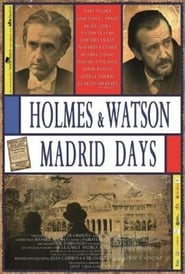 Film based on the characters of...
Film based on the characters of...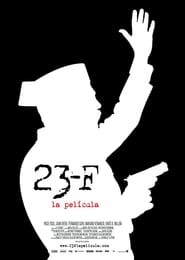 The failed coup dtat of February 23 1981...
The failed coup dtat of February 23 1981...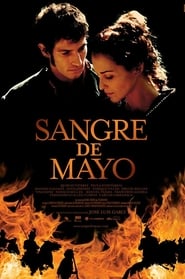 Revolution in Spain around the events...
Revolution in Spain around the events...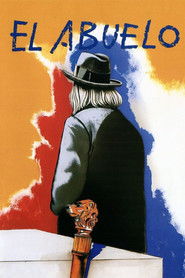 After his son dies an elderly...
After his son dies an elderly...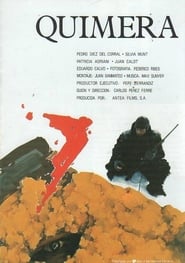
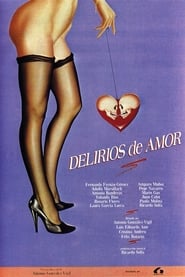 In this anthology film a female...
In this anthology film a female... Ten years after ratting on his...
Ten years after ratting on his...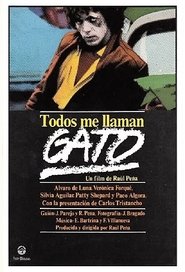
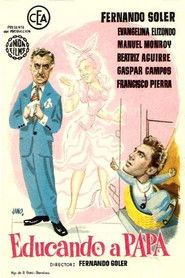 Emigre returns to Spain to visit...
Emigre returns to Spain to visit...